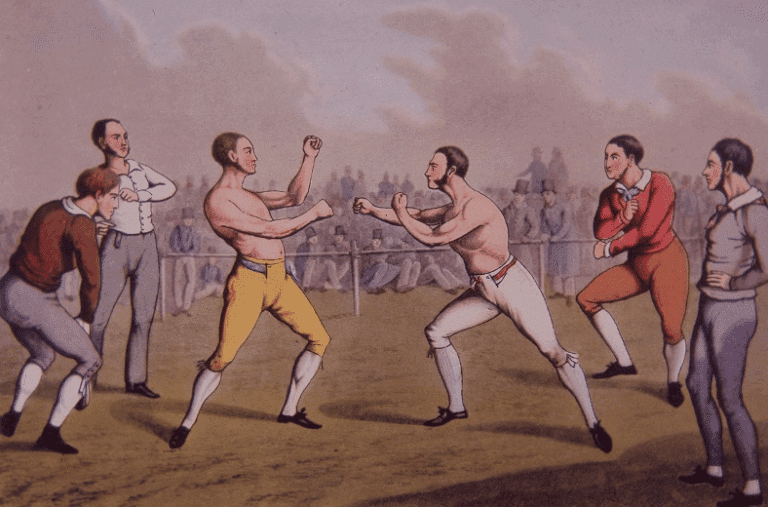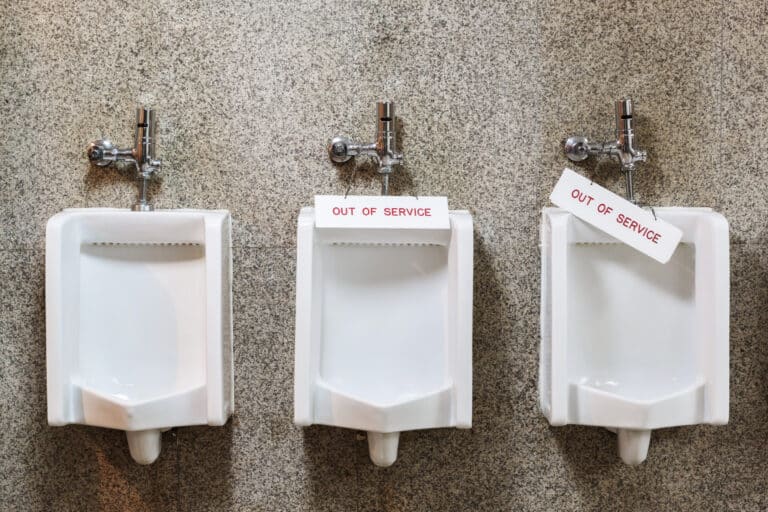Attention environmentalists and assorted politicians eager to shut down Canada’s oilsands: be careful what you wish for. You could be creating the conditions necessary for a Canadian Donald Trump. How’s that for an unintended consequence?
As has been frequently observed, countries around the world have been moving away from the post-war ideals of free trade, open borders and international co-operation and towards a greater focus on national sovereignty and economic populism. Aside from Trump’s chaotic presidency, this trend can be seen in the Brexit vote, as well as the recent success of anti-establishment parties throughout Europe.
Canada, thankfully, offers no evidence of such a shift. For now. All major political parties support immigration – the debate generally centres around appropriate border control – and free trade also enjoys broad public approval. How have we avoided this outbreak of Canada First populism? It’s not because we’re special. It’s because we’ve benefited from wise policy and some very special conditions.
To understand how and why Canada has avoided the politics of exclusion, it’s necessary to unpack what drives it in other countries. Populism is, in general, a symptom of deep concern about economic security, particularly among those most affected by the changes of the 21st century economy. This was particularly true in Trump’s victory. In the key Rust Belt states of Wisconsin, Michigan and Pennsylvania, for example, he won over worried voters by promising to protect manufacturing jobs and defend the country’s borders from illegal immigrants.
Well-paying factory jobs were once the means by which American males without a college education climbed the ladder to success. But the rise of China, increasing automation and a host of other factors have put a roadblock on this path to prosperity – opening the door for Trump’s anti-trade, America First rhetoric. When a significant and vocal segment of voters feel they’re falling behind and have no route to success, we shouldn’t be surprised that they gravitate to politicians who speak to their interests.
In Canada, manufacturing has never been as important to social mobility as it is in the United States. Rather, we have relied on the housing and natural resources sectors to keep economic anxiety at bay. Both offer a steady supply of blue collar jobs for workers from across the country who do not have university education.
Consider Alberta’s oilsands. Between 2002 and 2012, the oilsands received $100-billion in private sector investment. Aside from the obvious employment benefits this provided to Albertans, the Conference Board of Canada calculates that every $1-billion in investment generates an estimated 1,200 person years of employment outside the province. Workers from Newfoundland & Labrador, for example, were often the biggest beneficiaries of Alberta’s insatiable demand for labour, surpassing even neighbouring Saskatchewan and British Columbia in terms of jobs filled. During the boom years any Canadian prepared to work hard knew they could find a job in the oilsands. And this provides a crucial sense of economic security in all provinces.
Alberta’s jobs juggernaut was obviously derailed by the oil market crash of 2015. Thankfully, a red-hot national housing market stepped up to shoulder the burden. Now, however, with a potential slowdown in new home construction given recent interest rate hikes, the burden has fallen back onto the oil patch. And there’s already modest signs of revival – with the price of oil on the rise Alberta is once again reporting net in-migration as workers make their way back to the province.
This tag-team approach to blue collar economic opportunity deserves recognition as a major factor in keeping a lid on disillusioned voters across Canada. As long as there are jobs readily available in the oilsands or housing sectors, blue collar workers with less than a university education need not fret about their future. And this means populist demagogues can’t gain traction by demonizing free trade or too much immigration. A booming oilsands thus act as a crucial safety valve, protecting Canada from the raw populist politics that have convulsed other countries.
So how do Canada’s urban elites treat its oilsands, given the huge economic, political and social benefits at play? Increasingly with extreme prejudice. The federal government makes it nearly impossible to build new pipelines by changing the rules midstream and creating new and ever-stricter regulatory requirements. Investors face constant demands to divest their oilsands stocks on moral grounds. New carbon taxes put even more strain on the sector. Remember, it is the end game of many environmental activists and politicians to shut down the oilsands.
But oilsands opponents haven’t thought through the ultimate consequences of their desire. Shutting down this economic engine of Canada by killing pipeline projects like Energy East, Northern Gateway, and Trans Mountain, and derailing other energy megaprojects like the Pacific NorthWest LNG terminal, means severing an important path to prosperity for a large segment of Canadians. Take away the promise of economic security and upward mobility that the resources sector provides to blue collar workers and they’re likely to become rather resentful. And open to new political voices.
A Canada without an oilsands – and the steady supply of high paying, blue collar jobs it provides – is a Canada susceptible to the siren call of populist politicians. Anyone who thinks Canada is a special country because it has so far avoided the politics of exclusion, should be mindful of what is necessary to keep it that way.






